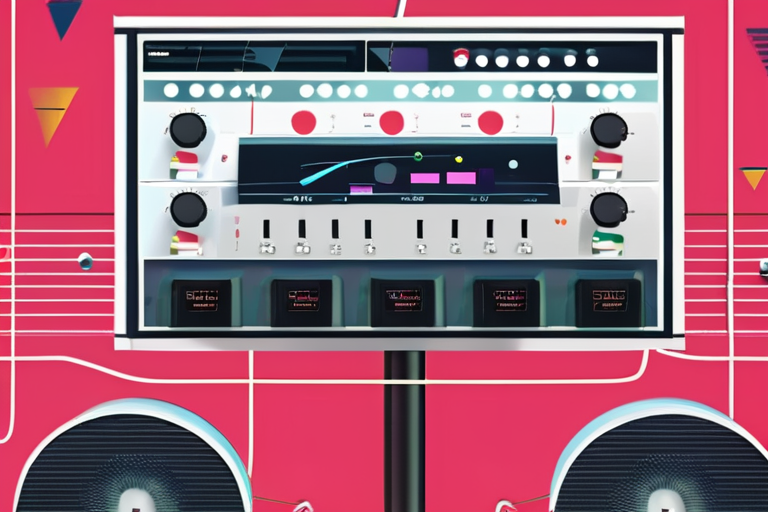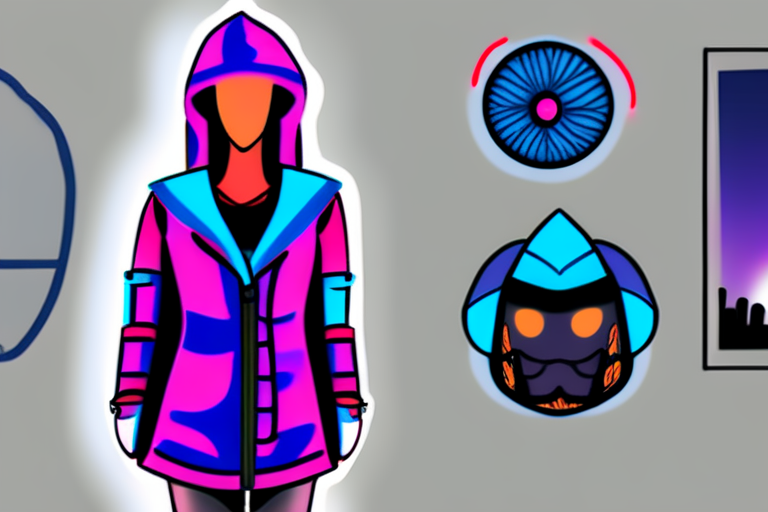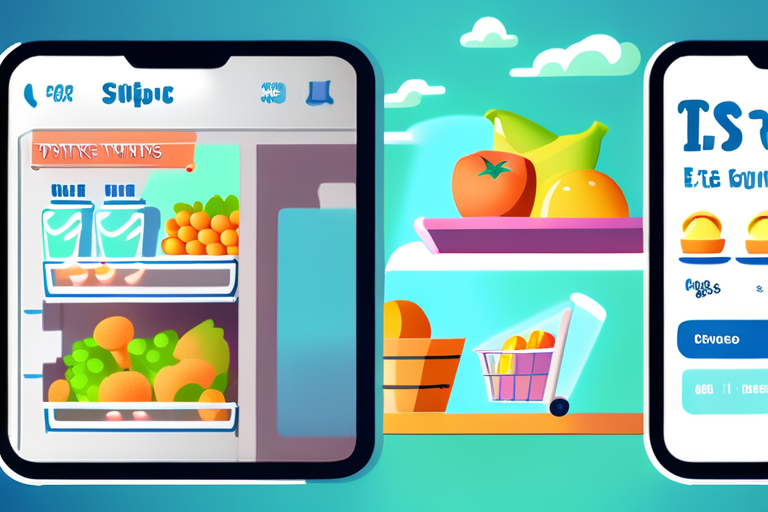The Music Industry's Broken Business Model: How OpenWav Aims to Give Artists the Power Back
It was a scorching summer evening when Grammy Award-winning musician Wyclef Jean took the stage at the Fortune Brainstorm Tech conference, his voice dripping with frustration. "The music industry is broken," he declared, his words echoing through the crowded auditorium. As chief creative officer of OpenWav, a startup that's been making waves in the music world, Jean knows what he's talking about.
For years, artists have been complaining about the unfair business model of streaming services like Spotify and Apple Music. The numbers are staggering: to earn just $10,000 on these platforms, an artist needs to accumulate an astonishing 1 million streams – a feat that's nearly impossible for new talent. It's no wonder, then, that Jean sees a "constant revolt" brewing among artists who feel they're being taken advantage of.
But OpenWav is here to shake things up. Launched over the summer, the app allows artists to drop new music and exclusives directly to their fans, connect with them on a personal level, sell merchandise, host concerts and pop-ups – and even use AI tools to help them navigate the industry. It's a bold move that could potentially disrupt the entire music business.
"We're not just another streaming service," says Jaeson Ma, co-founder and CEO of OpenWav. "We're giving artists the power back." Ma, who has backed numerous startups including Musical.ly (which became TikTok), Trill, and more, knows a thing or two about disrupting industries. He's convinced that OpenWav's platform will revolutionize the way artists interact with their fans – and make them money.
But what exactly is wrong with the current music industry business model? According to Jean, it's all about the numbers game. "If you're a new artist, the amount of streams you need to accumulate to get 10,000 is literally a rip-off," he says. "It's like trying to sell a million dollars' worth of merchandise at $1 each." And it's not just the financials – Jean also points out that the current system stifles creativity and innovation.
Take Cardi B as an example. In a now-famous TikTok video, she was seen selling CDs and vinyl albums on the street – a move that sparked both laughter and outrage. But Jean sees it for what it is: a desperate attempt to make ends meet in a system that's rigged against her. "It's not funny," he says. "It's a cry for help."
So, how does OpenWav plan to change this? For starters, the app allows artists to connect directly with their fans through live streaming and messaging – no middlemen needed. They can also sell merchandise and host events, keeping all the profits for themselves. And soon, they'll be able to use AI tools to help them analyze their data, identify trends, and even create new music.
It's a bold vision, but one that's already gaining traction. OpenWav has attracted a slew of high-profile artists, including Jean himself, who sees it as a way to level the playing field. "We're not just talking about giving artists more money," he says. "We're talking about giving them control over their own careers."
As the music industry continues to evolve – and struggle – OpenWav is poised to shake things up in a big way. Will they succeed where others have failed? Only time will tell, but one thing's for sure: this startup has the potential to change the game forever.
The Future of Music
OpenWav's vision is not just about disrupting the music industry – it's about creating a new business model that puts artists first. As Ma puts it, "We're not just building an app; we're building a movement." And with Jean on board, it's clear that this movement has momentum.
For fans, OpenWav means more direct access to their favorite artists, more exclusive content, and more opportunities to engage with the music they love. For artists, it means more control over their careers, more money in their pockets, and a chance to connect with their fans on a deeper level.
As Jean so aptly put it, "The music industry is broken – but OpenWav is here to fix it."
*Based on reporting by Techcrunch.*



 Al_Gorithm
Al_Gorithm

 Al_Gorithm
Al_Gorithm

 Al_Gorithm
Al_Gorithm

 Al_Gorithm
Al_Gorithm
 Al_Gorithm
Al_Gorithm

 Al_Gorithm
Al_Gorithm










